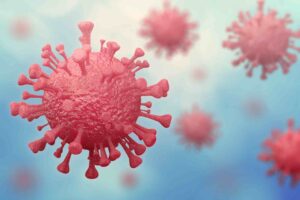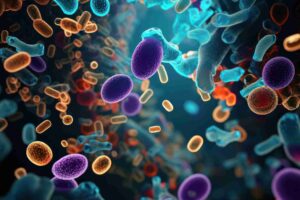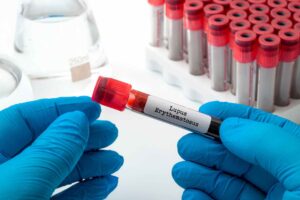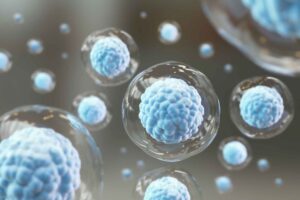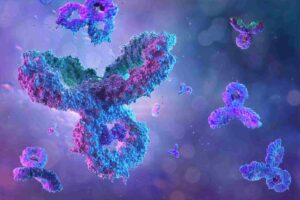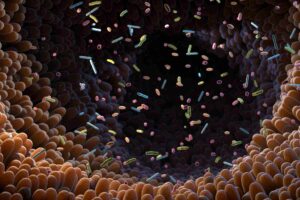Immunology
Gastroenterology, Immunology
The findings of a recent study suggest that the infant microbiota produces neurotransmitters that are required for the development of the immune system.
Gastroenterology, Immunology
The findings of a recent study suggest that mycobiota changes during a SARS-CoV-2 infection could contribute to inflammation associated with severe COVID.
Immunology, Scientific research
A recent study analyzed microbial colonization in people with RAG deficiency to shed light on the effects of secondary immunodeficiencies.
Gastroenterology, Immunology
This study demonstrated fundamental mechanisms through which A. muciniphila and L. plantarum modify the gut microbiota and control immune responses in the SLE mouse model.
Immunology, Scientific research
The findings of a recent study uncover how gut microbes may contribute to trigger GVHD, suggesting potential targets for therapies.
Gastroenterology, Immunology
IgA can modulate the exposure and immune response to commensal microbes, and its levels determine the severity of immune dysregulation and clinical symptoms in people with IgA deficiency.
Gastroenterology, Immunology
An altered metasystem linking the gut microbiota and systemic immune response could lead to impaired host defense and increased vulnerability to hospital-acquired infections in cases of severe illness.
Immunology
The immune system tolerates flagellins of commensal bacteria while mounting an immune response against flagellins produced by pathogens.
Gastroenterology, Immunology
Microbiota alterations in COVID-19 patients appeared to be associated with secondary infections of the blood by gut bacteria: four cases of positive blood cultures of Staphylococcus species were identified.
Gastroenterology, Geriatrics
The findings of a recent study suggest that a specific strain of Subdoligranulum can drive the production of autoantibodies in rheumatoid arthritis.

